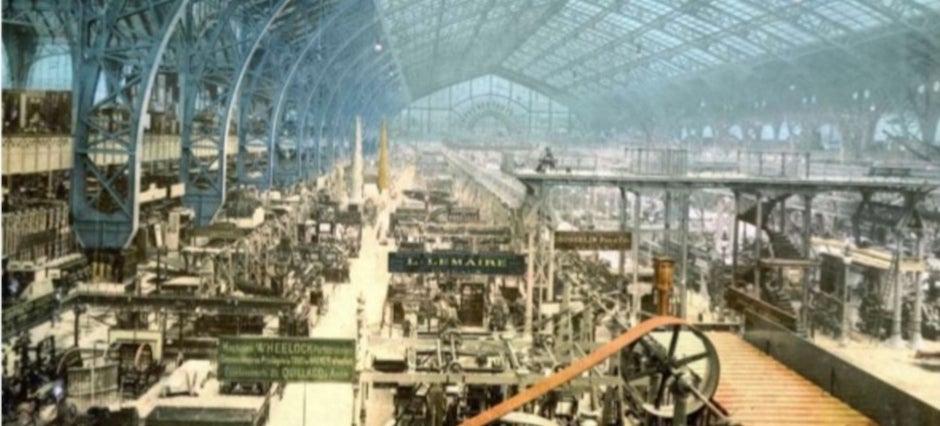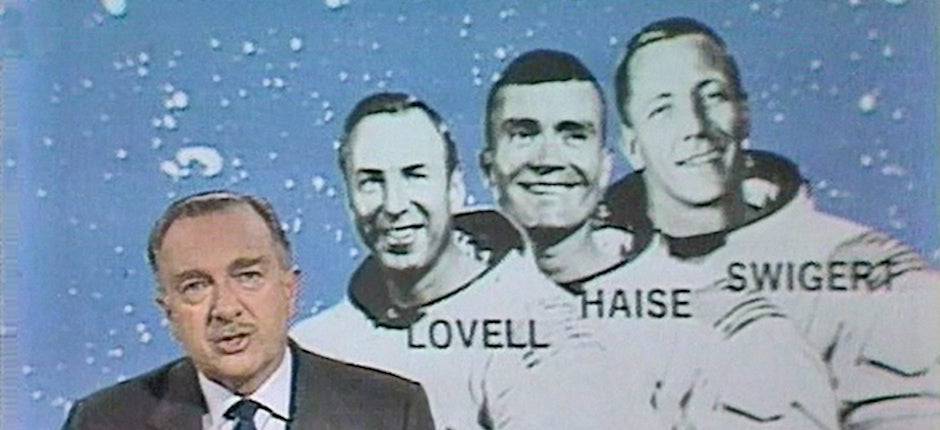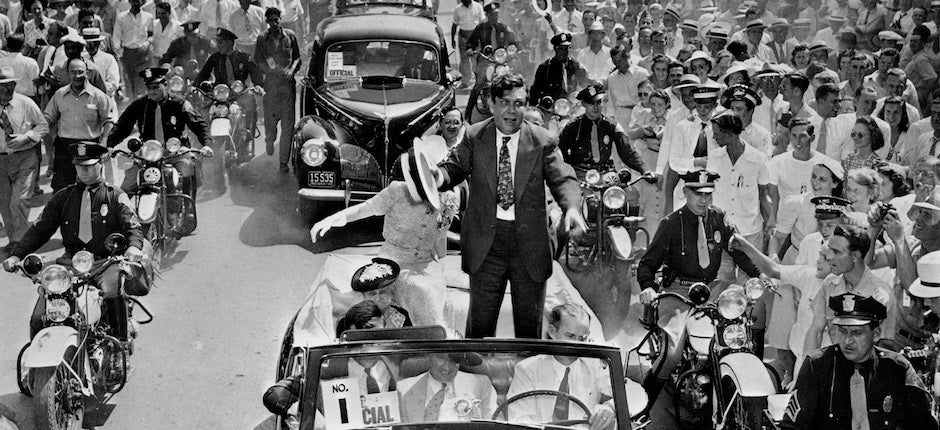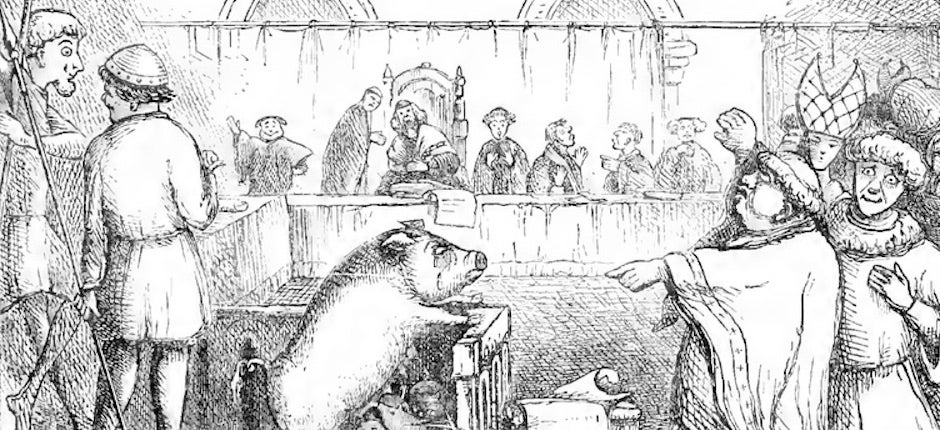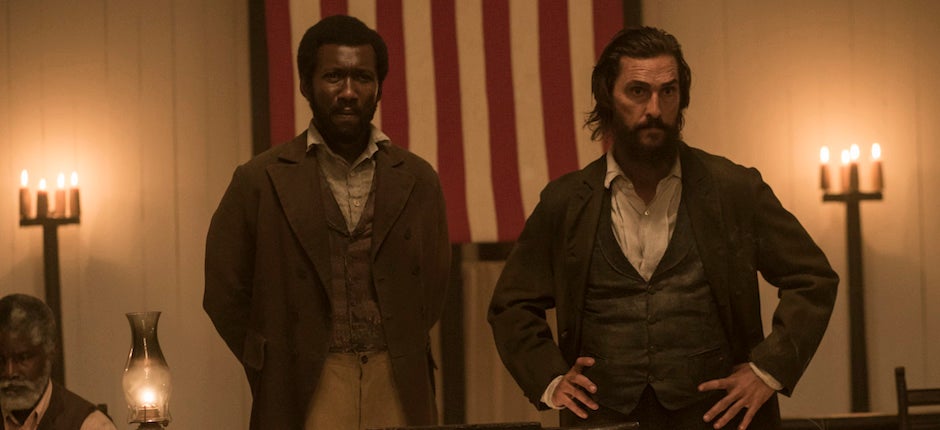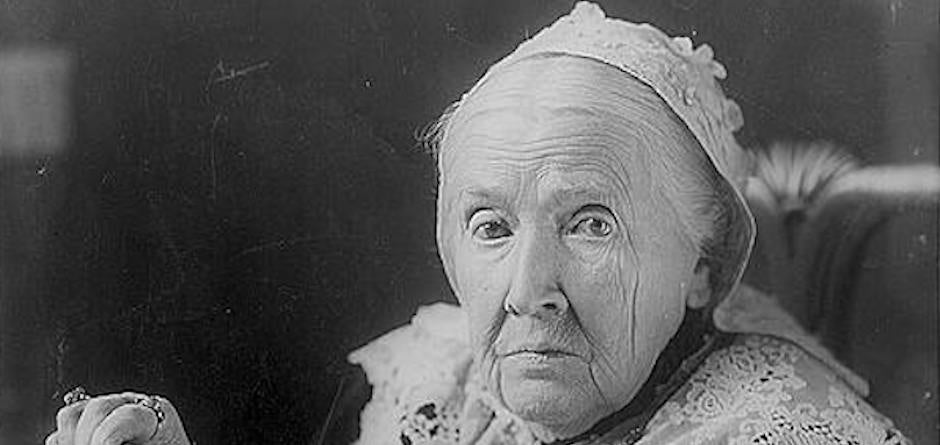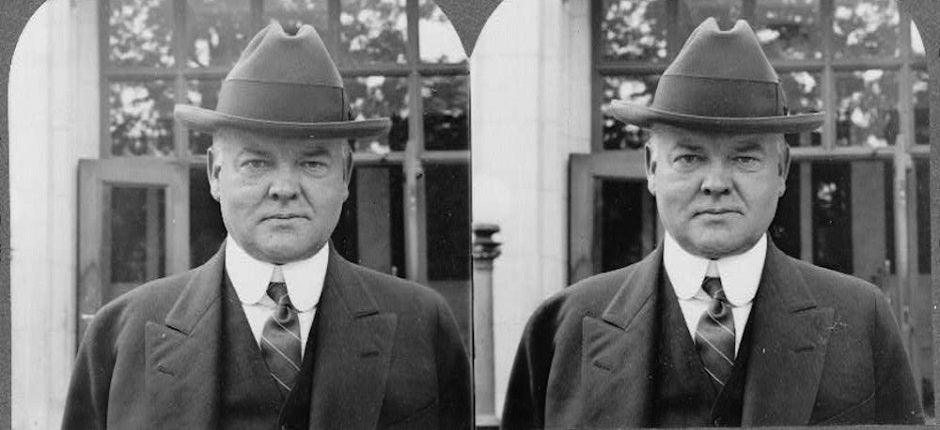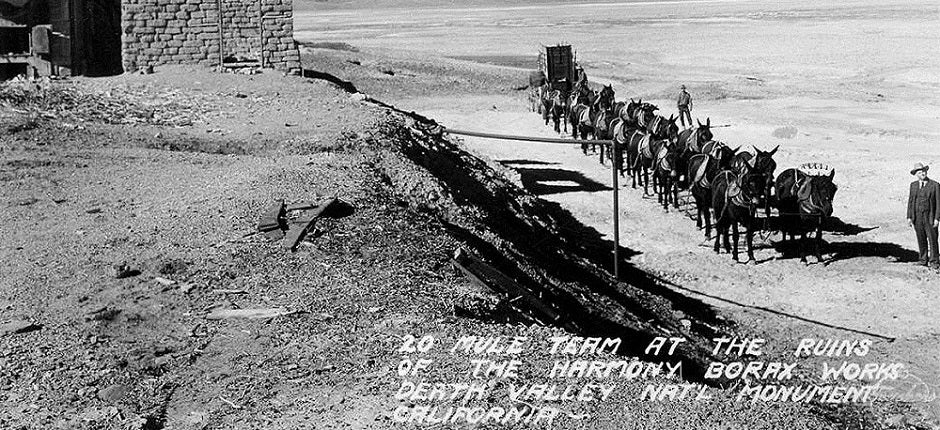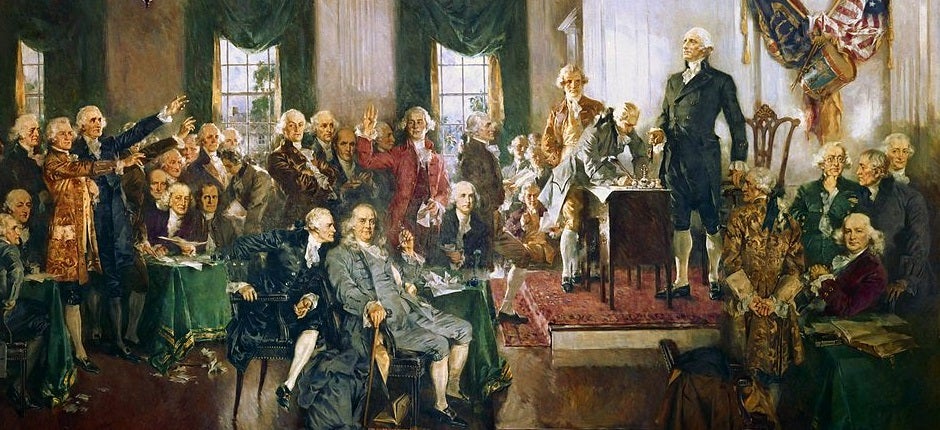The 1900 World’s Fair Produced Dazzling Dynamos, Great Art, and Our Current Conversation About Technology
Henry Adams’ Influential but Largely Forgotten Warning About Science Superseding Soul is Especially Relevant Today
Debates rage today about the risks and benefits of modern technology. Driverless cars, the use of drones in warfare and commerce, the deployment of robots in place of human soldiers, surgery by robotic rather than human hands. The Internet of Things that puts digital devices in just about everything. Artificial intelligence not only assisting but superseding the human brain. Genetic manipulation of food, organisms, and human parts. Human cloning—even the manufacture of human beings.
The National Institutes of Health recently …


